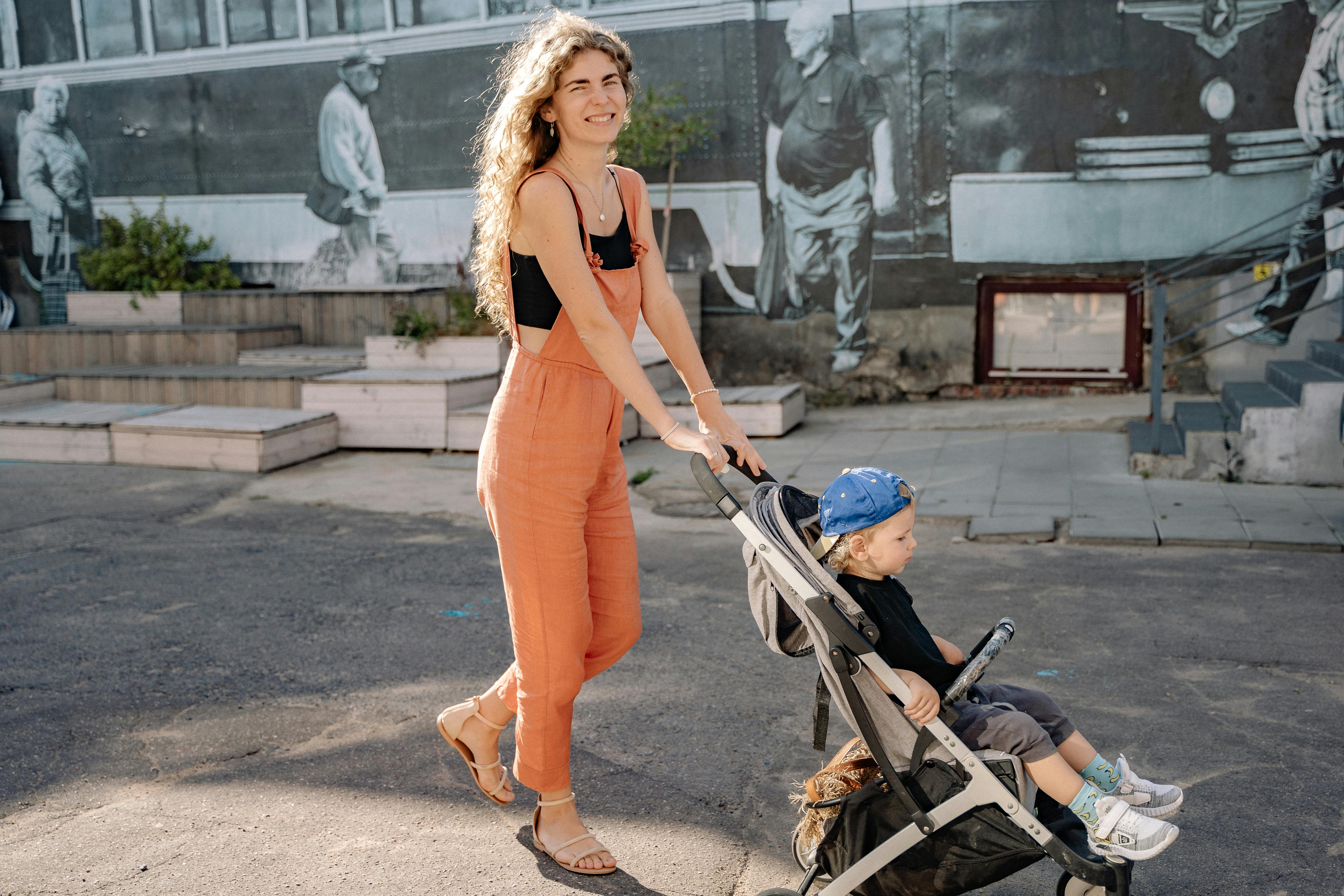1. Is the camp ACA (American Camp Association) accredited? Although accreditation does not guarantee safety and some states have more stringent safety requirements, accreditation is a very good starting point. The ACA assesses many standards related to camp safety, health, programs and operations, and supports more than 2,200 camps.
2. “Staff Training” or “Counselor Orientation” programs are not all the same. To understand what counselors are taught and who teaches them, you may want to view the curriculum and training materials. For example, does the camp share with their counselors the general and activity-specific safety requirements that they say YES? Is there a process for documenting training attendance? Is there an exam that counselors must pass? Is there a document that counselors must sign stating that they understand and will abide by all safety rules and procedures? Ask your camp directors these questions and see if you’re satisfied with their answers.
3. The safety and well-being of your child depends directly on the type of counselors the camp hires. Counselors are the people who live, eat, and supervise your child 24 hours a day. Ask about the camp’s selection process and review the materials the camp has collected about the counselors, including their biographical backgrounds (and ages), their criminal, swimming and driving histories, and their previous employment histories (for example, if a counselor has been previously fired elsewhere?). You may also want to know what percentage of counselors are teachers and/or parents, and what percentage hold a current CPR certificate and/or are first aid trained.
4. Not all camps discipline staff or children who attend camp in the same way. You may want to learn about the camp’s discipline policies and ask a few questions: (a) do you enforce a written zero-tolerance policy for drug use or alcohol abuse (are counselors fired after it is discovered drug use or alcohol abuse for the first time?); (b) do you enforce a written curfew for staff and/or children and, if so, what time?; and (c) have you fired directors before and why?
5. Find out if there have been any previous deaths or serious injuries at the camp. You may want to know what happened and what the camp has done in response.
6. For all trips outside the camp, particularly hikes and excursions, is there a specific protocol? You may want to make sure the camp requires (a) a qualified emergency response (“RTE”) trip leader (as is required in some states) (this Red Cross certification requires many hours of specialized training); (b) counselors who bring communication devices with them; (c) the counselor in charge is over a certain age; (d) a buddy system to be employed; (e) a lost camper plan to follow; and (f) a parent permission slip to be signed.
7. Has the camp identified potential significant threats to the camp, staff, or guests? Do you have an emergency plan?
· Environmental threats: earthquakes, hurricanes, forest fires, dam collapse and tornadoes.
· Security threats: hostile parents or visitors, hostage situations, verbal threats, and child abduction.
· Health threats: intentional or unintentional food poisoning or water contamination, child abuse, communicable disease outbreaks, death of staff, and emotional stress on the entire group as a result of a catastrophic event.
· Off-site hazards: off-site travel, airports, nuclear power plants, and dangerous wildlife.
8. All camps must have written health policies and protocols that have been approved by a physician with particular knowledge of children’s health, preferably a pediatrician.
9. Camp authorities should be responsible for describing to parents the activities and programs and health services available at the camp. Parents must be aware of the medical pre-admission requirements at the time of enrollment.
10. Prior to the child’s first day of camp, parents/guardians must provide camp authorities with a health history, including the child’s previous significant illnesses, operations, injuries, allergies, current health status, and current medical problems. In addition, orders must be obtained from a licensed healthcare professional for prescription medications, diets, or special medical devices such as inhalers or nebulizers.
For more information about the camp, visit www.acacamps.org.
Now that you have a summer camp safety strategy, you and your child can have a great summer camp experience. Especially when they can sleep at night knowing they are in a safe and well-cared-for environment.




